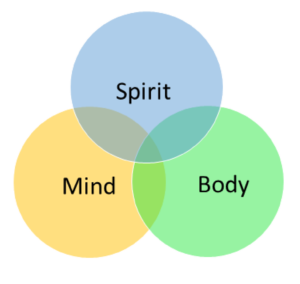Unforgiveness is something we do that God does not do. Unforgiveness causes shame, the feeling of being guilty. Shame is a tool of the devil because it makes us feel guilty. Real unforgiveness is damnation, condemning to punishment for a wrong committed.
The penalty for sinning against God is death but the gift of God is Mercy, the sparing of death.
Satan, that serpent, lied and deceived Eve when he said, “You will not die” if you sin against God (Genesis 3:4). Satan lies by telling partial truths. He told Eve, “God knows, if you eat of the tree of knowledge of good and evil, you would be like gods (Genesis 3:5)”. Satan knew this was true, but he downplayed the major consequence for eating of the forbidden fruit, death. He tried to get Eve to focus on the benefit, the pleasure she would experience if she partook of the forbidden fruit.
Sin can have its benefit which appears as good from the beginning but leads to dire consequences. Satan hates, God and Jesus, the Messiah. His way for revenge is to destroy God’s creation, God’s “stuff”, hoping to make God feel misery. Satan knows his destiny and he has chosen NOT TO REPENT but to seek revenge by destroying and killing God’s creation. He still has the desire to “rise up and be like the Most High”. This is his downfall.
Satan wants us to feel shame, feeling guilty, to take our focus and attention away from God. Satan is the great deceiver. The best way to deceive is to present half-truth and to distract. His goal remains the same, to kill, steal, and destroy (John 10:10). He is a thief. He is a thief because he owns nothing of himself, so he takes it from the one who owns it.
Unforgiveness leads to death. God forgives us, so we need to pass that forgiveness on to others and forgive them. Forgiveness does not mean the natural consequences for bad behavior is eliminated, but forgiveness can be extended. Forgiveness, removes the shame of guilt even if consequences for bad behavior is negative.
Jesus tells us if we forgive others, God will forgive you (Matthew 6:14). Does this mean our forgiveness is dependent on our forgiving others? No, it’s Jesus telling us God releases us from the shame, feeling guilty. By forgiving others, we release them from shame, feeling guilty. There may be natural consequences for their bad behavior, but the shame is removed. There is liberty in forgiveness and the removal of feeling guilty. Forgiveness, pass it on.


